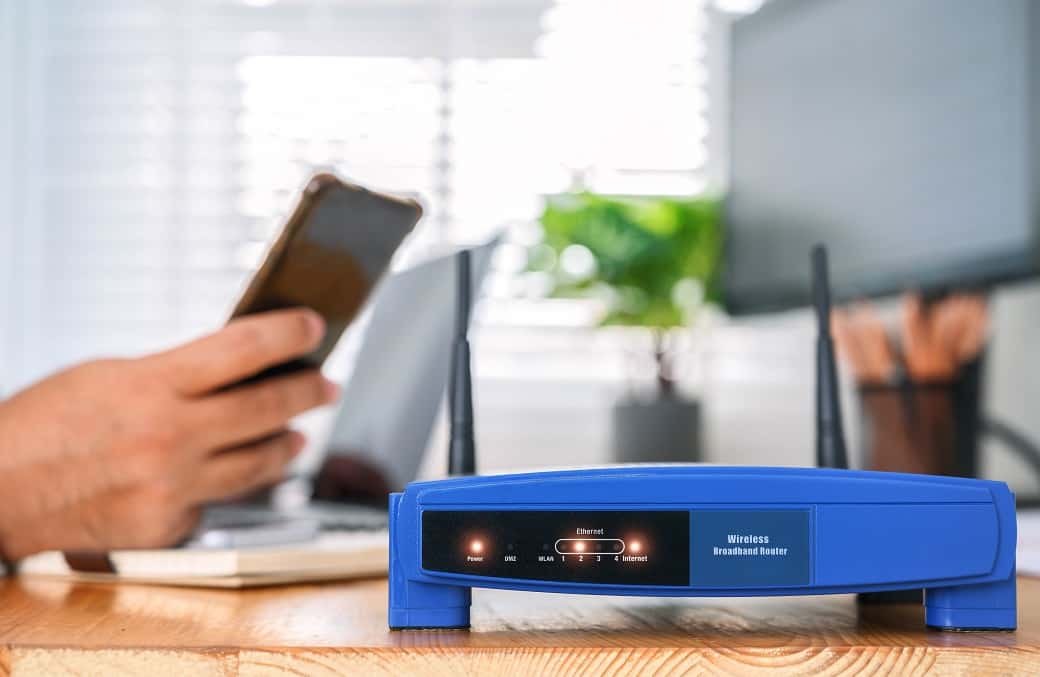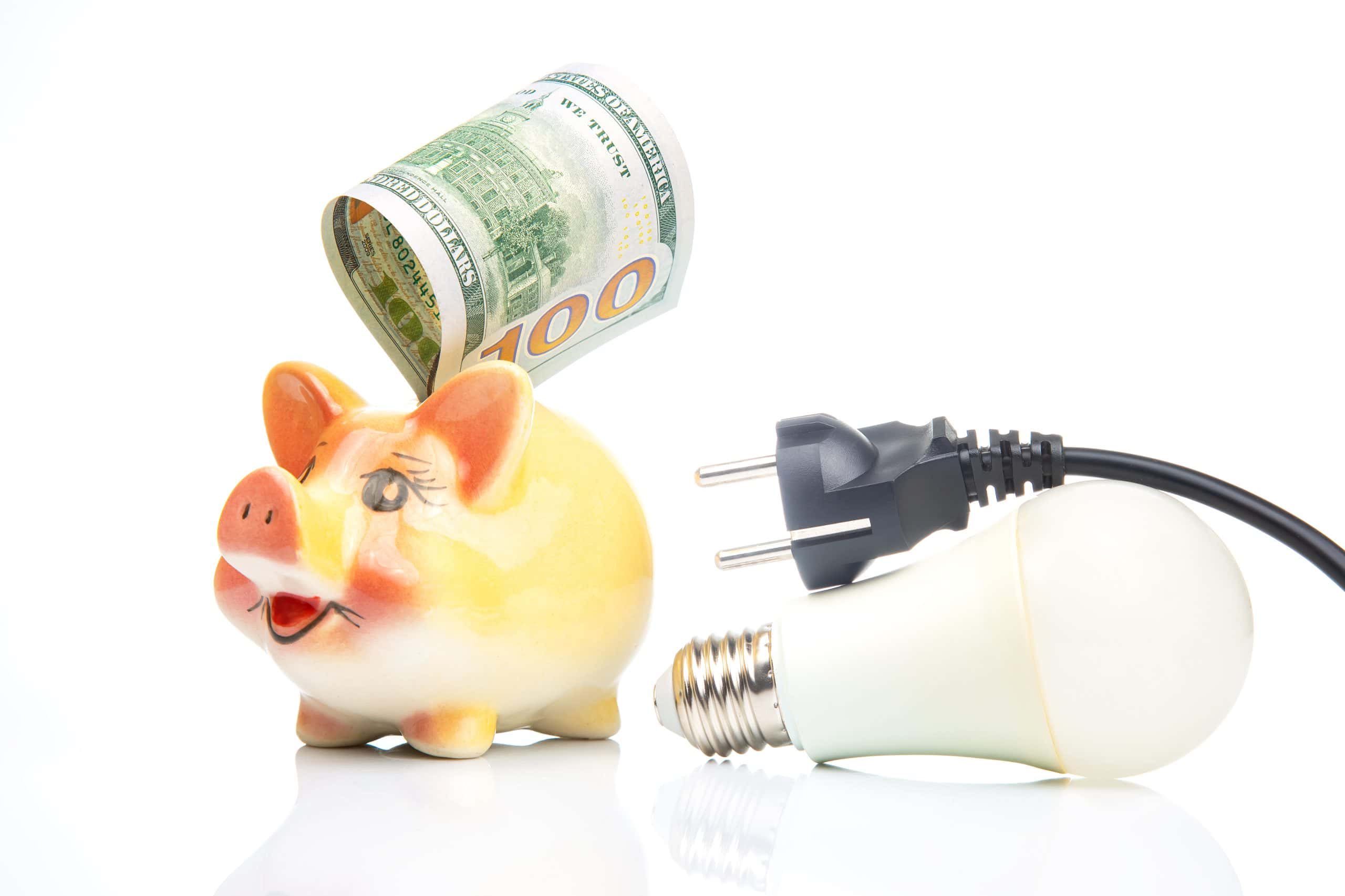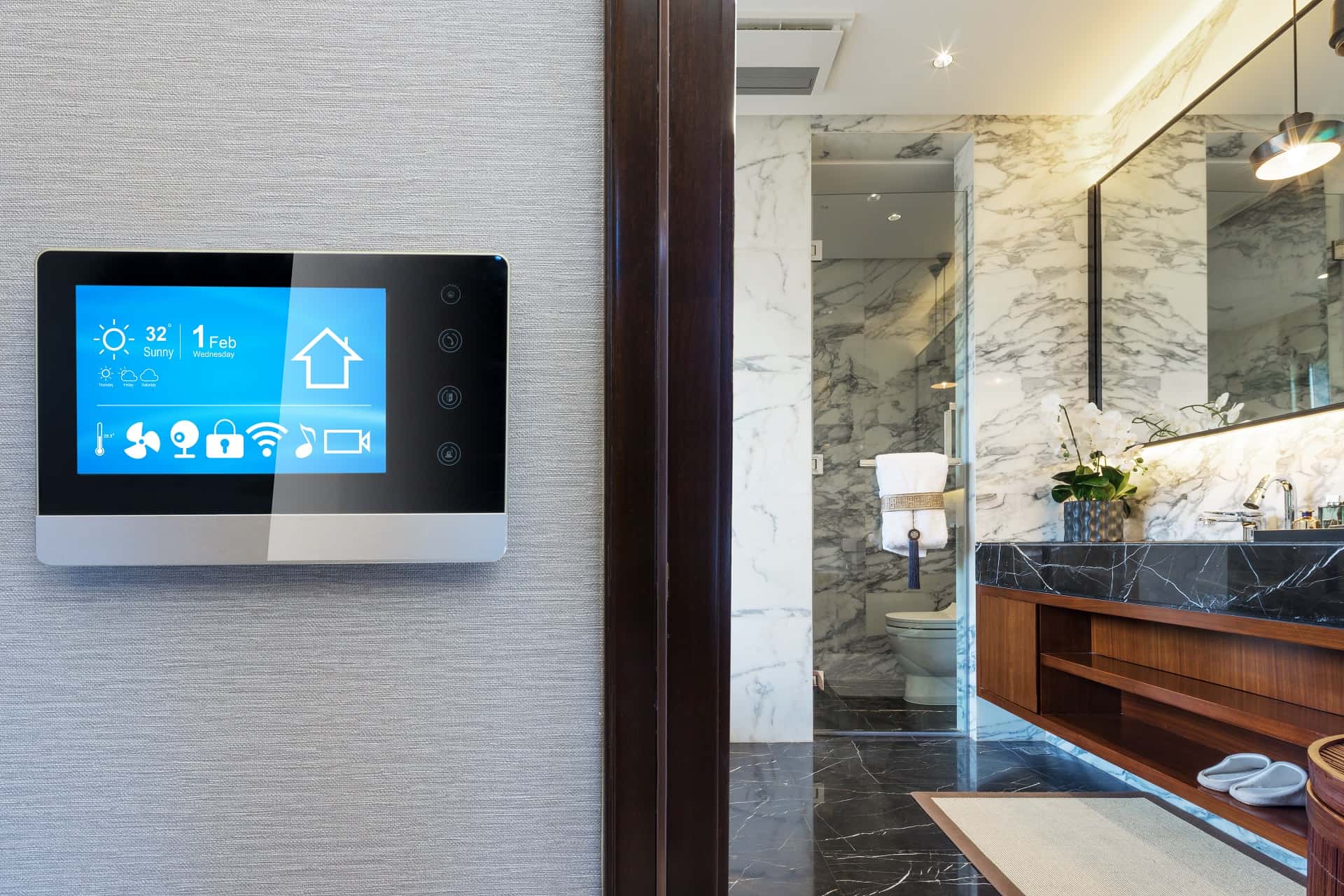In the search for ways to cut down on energy bills, many people are considering smart water heaters. These devices promise to adjust to your daily hot water needs and may help in saving money over time. But do they actually pay off in the long run? In this post, we will look at how smart water heaters function, including their ability to learn usage patterns and reduce heat loss. We will also compare their costs to standard models and examine potential savings. Additionally, we will discuss how these smart systems can work alongside other energy options such as solar power and off-peak electricity plans. This information may help you decide if investing in a smart water heater is the right choice for your home.
How Smart Water Heaters Work
Smart water heaters are equipped with technology that allows them to learn and adapt to household water usage patterns. These heaters gather data on when hot water is most frequently used throughout the day. By understanding these patterns, they can more accurately determine when to heat water, which can lead to more efficient energy use over time. For instance, if hot water is used regularly in the morning for showers, the water heater can learn this and make sure hot water is available.
Another feature of smart water heaters is their ability to reduce heat loss when water is not in use. Traditional water heaters often keep water hot all the time, leading to energy loss when the water is not needed. Smart water heaters, on the other hand, can adjust their heating schedules so that water is only kept hot when it is likely to be used. It learns that hot water isn’t really needed during the middle of the night, and can reduce it’s output. This can help in cutting down unnecessary energy consumption, potentially leading to cost savings on energy bills.
Long-Term Cost and Savings
When comparing smart water heaters to standard models, the initial purchase price of smart units can be higher. Traditional water heaters typically have a lower upfront cost, making them more attractive for those on a tight budget. Yet, the consideration of long-term savings is necessary to evaluate the overall cost. Smart water heaters often have the potential to reduce energy expenses over time, thanks to their ability to adjust heating schedules based on usage patterns.
Tracking energy use with smart water heaters is often easier due to their advanced features. Many smart models come with apps or integrations that allow users to monitor energy consumption in real-time. This data can help homeowners identify patterns and make adjustments to reduce costs. By understanding how and when hot water is used, households can potentially lower their energy bills, making the higher initial investment more justifiable over the long term.
Connection with Other Energy Options
Smart water heaters can be paired with solar energy systems to reduce overall energy consumption. These smart water heaters would schedule more heating times while the sun is up, allowing the cost of heating the water to come from the energy gathered from the solar energy system. This setup allows the home to rely less on traditional energy sources. It could also contribute to a more sustainable energy usage pattern. Combining these systems requires some initial investment but could lead to long-term savings.
Smart water heaters can also be used with off-peak electricity plans. These plans charge less for electricity during certain times of the day. By heating water during these off-peak times, users benefit from reduced energy costs. The smart technology allows the heater to adjust its operating schedule to match these lower-cost periods. This can be a straightforward way to manage and potentially lower energy expenses.
In Summary
Choosing a smart water heater involves considering both upfront costs and potential long-term savings. While these units might have a higher initial price, their ability to learn usage patterns and adjust heating schedules can lead to reduced energy consumption. This can result in lower energy bills over time, making them a cost-effective option in the long run. The integration with other energy sources, like solar power and off-peak electricity plans, offers additional opportunities for savings. For those interested in managing energy use more efficiently, a smart water heater could be a practical investment.




